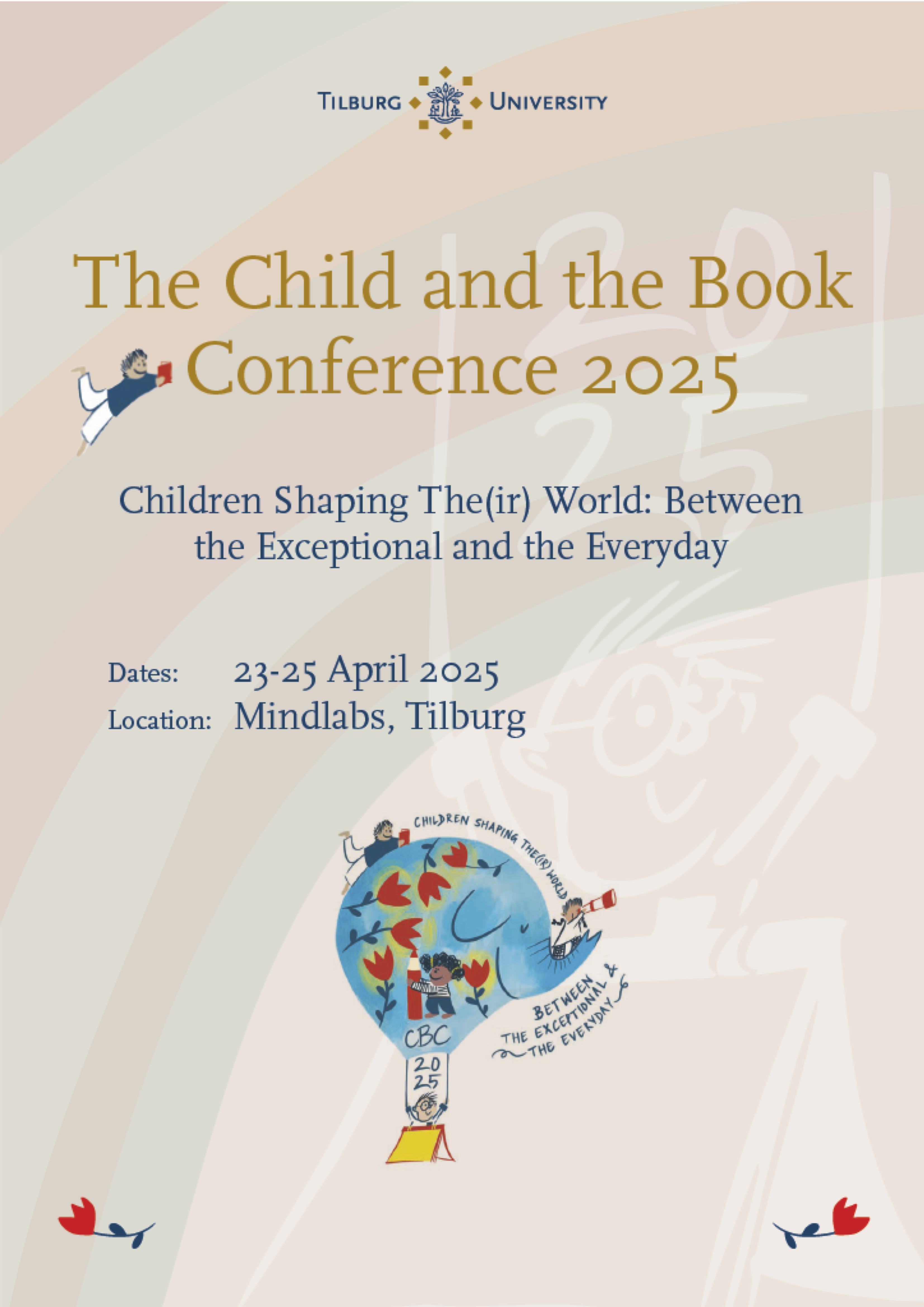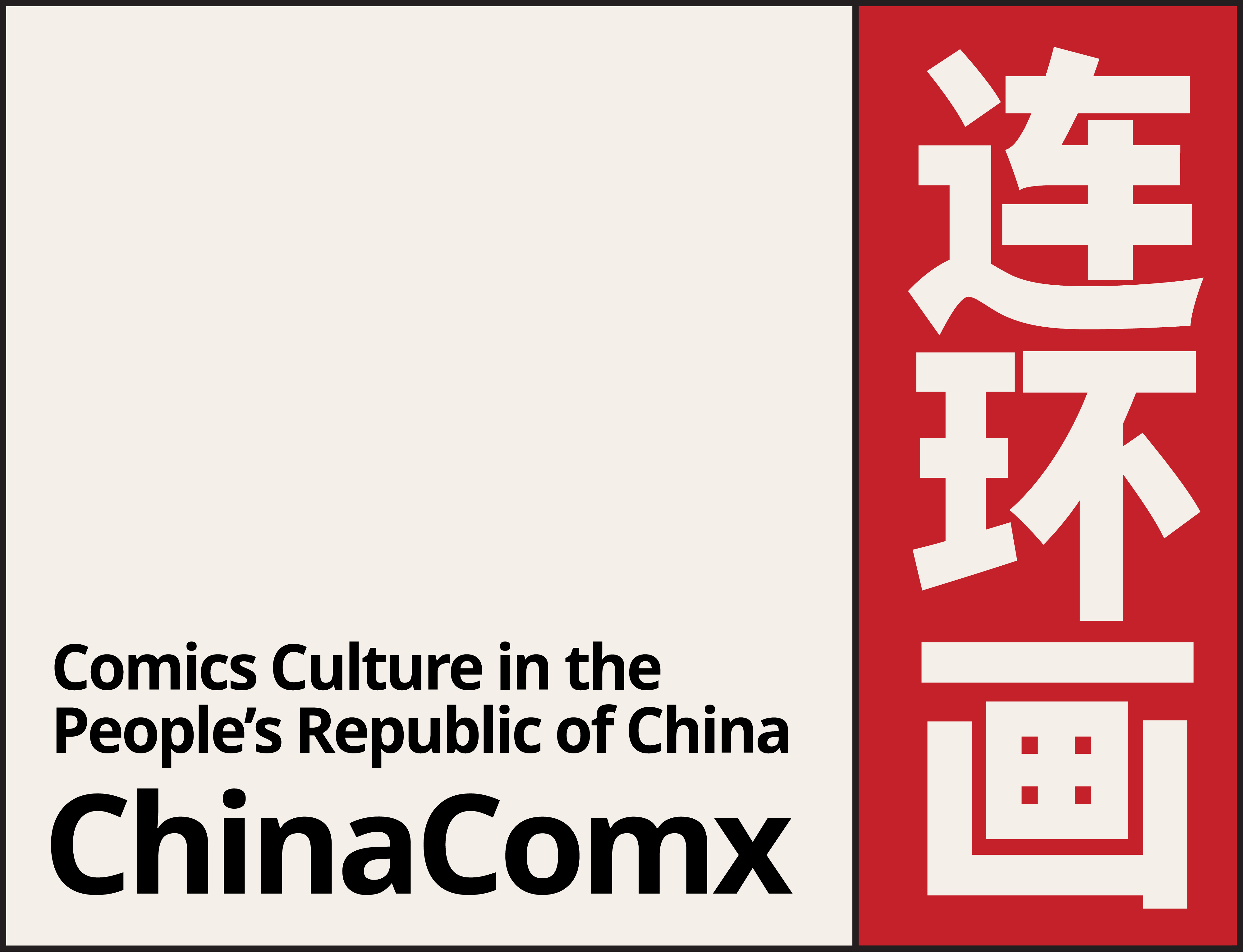Astrid Y. Xiao to Present at The Child and the Book Conference 2025 in Tilburg
05 April 2025

ChinaComx Phd Candidate Astrid Y. Xiao will present her research during the 2025 Child and the Book Conference. This year’s edition is running under the theme “Children Shaping The(ir) World: Between the Exceptional and the Everyday” and will be hosted on 23-25 April 2025 at Tilburg University, Netherlands.
Astrid will present her paper in Session 2 (14:00–15:45) as part of Panel 4: Political Childhoods, chaired by Anna Czernow. Titled “Inventing A Non-typical Young Role Model in Communist China: Everyday Heroism in Comics about Lei Feng (1960s–2020s)”, her talk explores how children’s comics and picturebooks in China has shaped political and moral ideals across generations, through the evolving portrayal of the national icon Lei Feng.
Astrid’s paper abstract:
Considering the powerful influence of role models on youth, crafting and promoting role models is (and was) a common strategy for nation-building and educating younger generations in China. These role models are often titled “(Little) Heroes”, with their faces and stories being frequently featured in textbooks, school wall newspapers, and on children’s bookshelves. In 1960s communist China, these celebrated heroes primarily displayed traits of loyalty to Chairman Mao and the Chinese Communist Party, patriotism, and a strong passion for revolution and socialist construction. While heroism is a broad concept that also includes acts of kindness and courage in everyday life—acknowledged today as the “banality of heroism” (Franco and Zimbardo, 2006)—in the 1960s, China predominantly favored the celebration of exceptional heroes in its political and educational narratives. This paper focuses on an exception of the exceptional. Lei Feng, a real-life People’s Liberation Army soldier who died aged 22 in 1962, was known as a moral exemplar for his pure altruism and numerous good deeds. Since the 1960s, Lei Feng’s stories from his childhood, adolescence, and young adulthood have been crafted into various forms of propagandist materials (story collections, posters, comics, etc.) and have been widely received by Chinese children from different generations. By close reading 14 comics and picturebooks about Lei Feng produced between the 1960s and 2020s, I argue that, from the very beginning, these visual texts oscillated between the grand narratives of national construction and a mundane hero who does every small everyday deed well. This oscillation tries to break free from the inappropriateness of conventional exceptional hero narratives in Lei Feng’s case. Ultimately, over more than half a century of oscillation, everyday heroism has clearly triumphed. Whether in terms of characterization or artistic style, 21st-century comics depict Lei Feng as more commonplace and accessible, bringing him closer to his young friends and followers both in the comics and in real life. The victory of everyday heroism in the comics about Lei Feng can not only be seen as a shift in the styles of political propaganda in modern China, but it also demonstrates that, over the past decades, child readers have been rediscovered and reevaluated.
Download the full conference program here.



